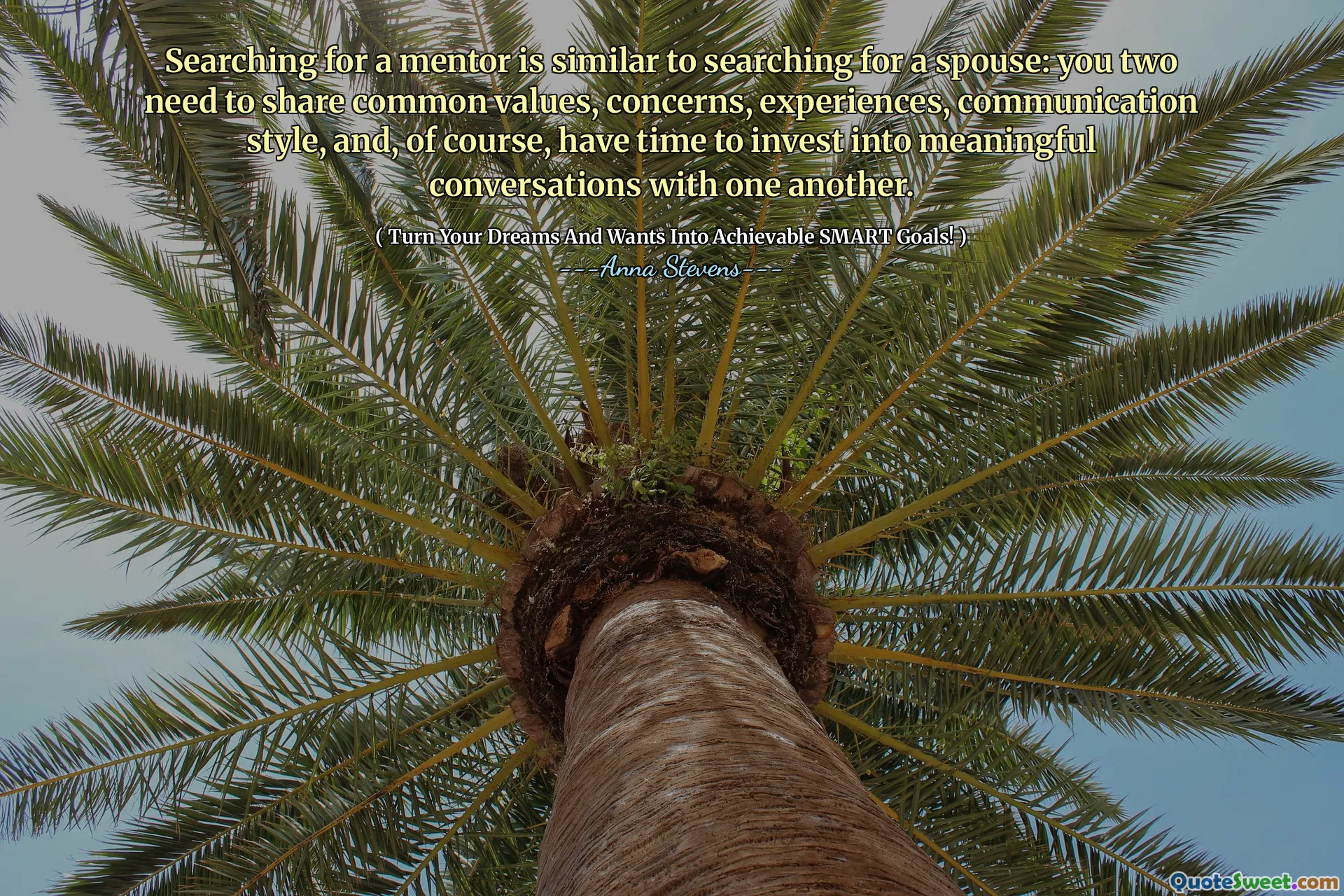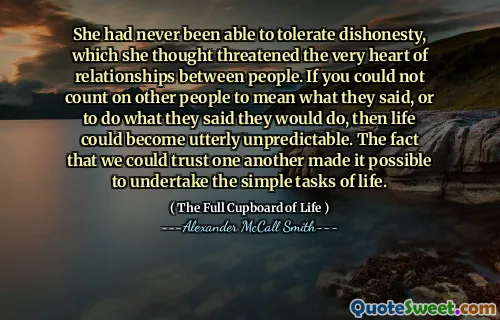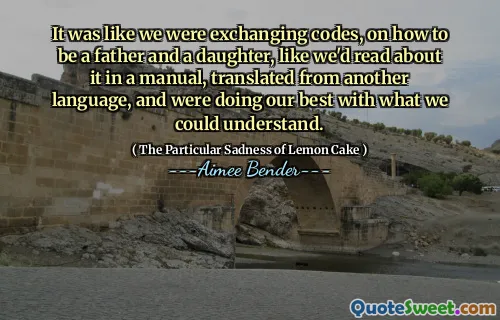
Searching for a mentor is similar to searching for a spouse: you two need to share common values, concerns, experiences, communication style, and, of course, have time to invest into meaningful conversations with one another.
Finding a mentor is a deeply personal and relational process that goes beyond simply identifying someone with expertise. Much like choosing a life partner, selecting a mentor requires careful consideration of compatibility on multiple levels. Shared values serve as the foundation for trust and understanding, ensuring that both individuals are aligned in their core beliefs and principles. Concerns and experiences create common ground, enabling meaningful empathy and relevant guidance. Effective communication styles facilitate open, honest, and constructive dialogue, which is essential for growth and learning. Additionally, investing time is critical; without committed efforts from both parties, the relationship cannot flourish. This analogy emphasizes that mentorship is not just about passing down knowledge but about building a rapport rooted in mutual respect and genuine connection. It highlights the importance of intentionality—both parties must actively seek compatibility and be willing to invest in the relationship. This perspective encourages aspiring mentees to be selective and thoughtful, understanding that a successful mentorship depends on more than just meetings; it necessitates a shared understanding and ongoing commitment. Moreover, it sheds light on the dynamic nature of effective mentorships—recognizing that they evolve through shared experiences and sustained communication. Ultimately, this quote underscores that meaningful mentorships, much like healthy relationships, require effort, compatibility, and dedication from both sides to truly be impactful.






